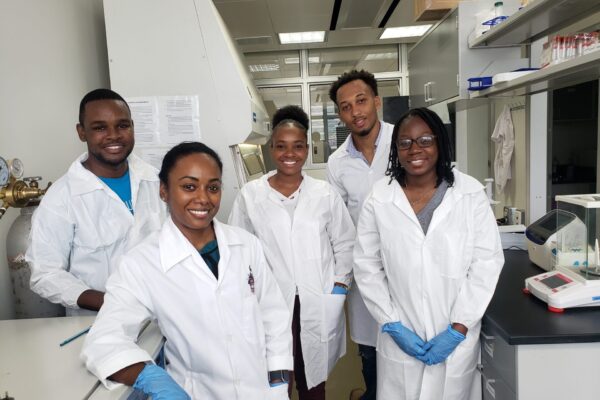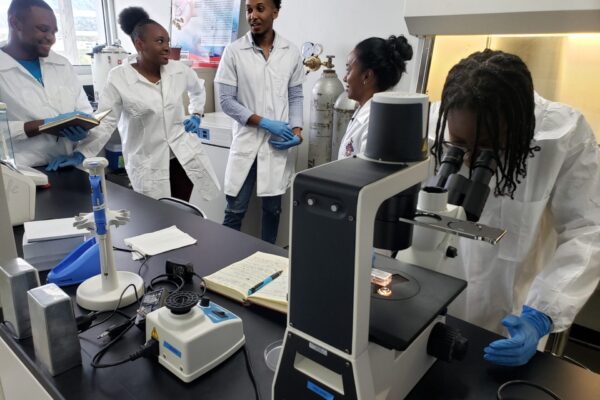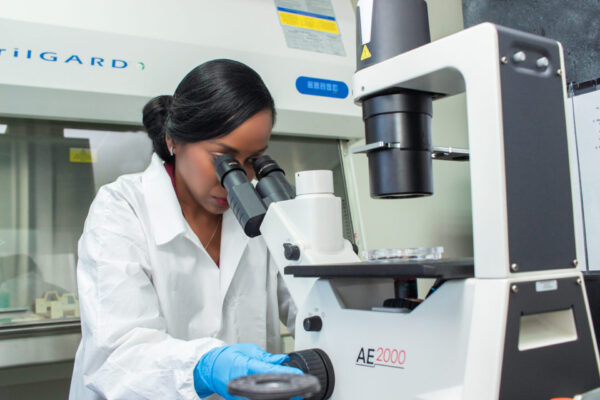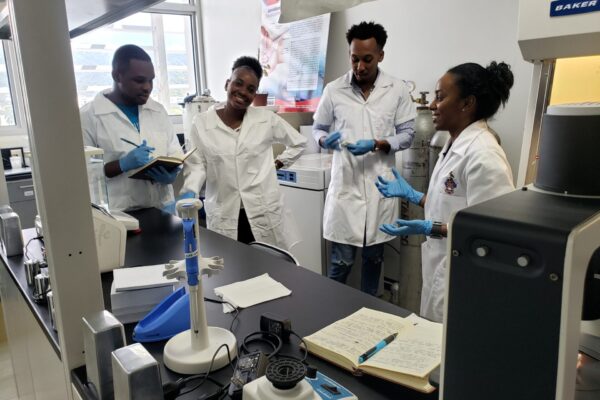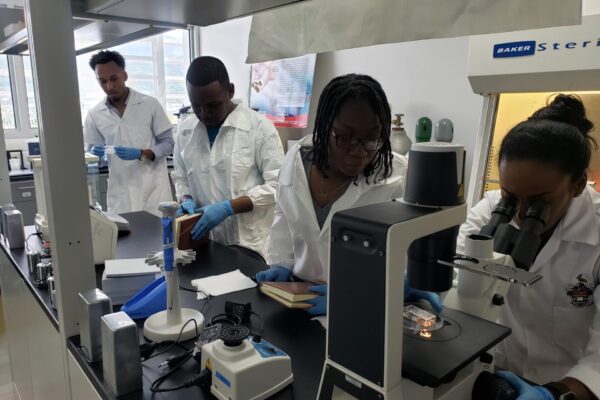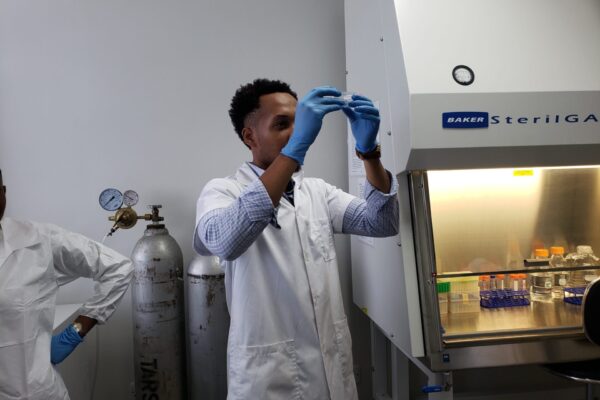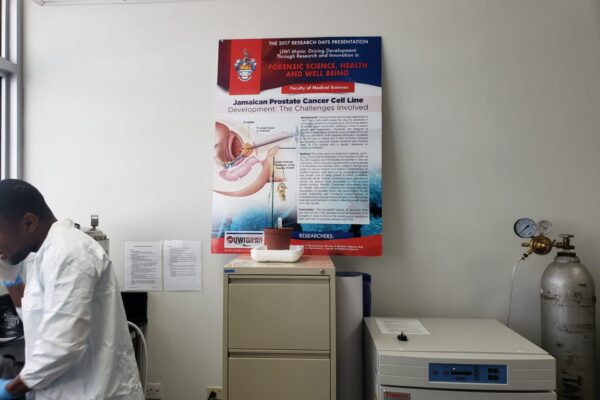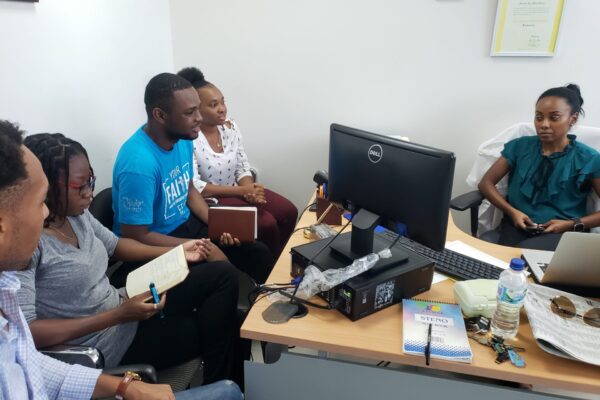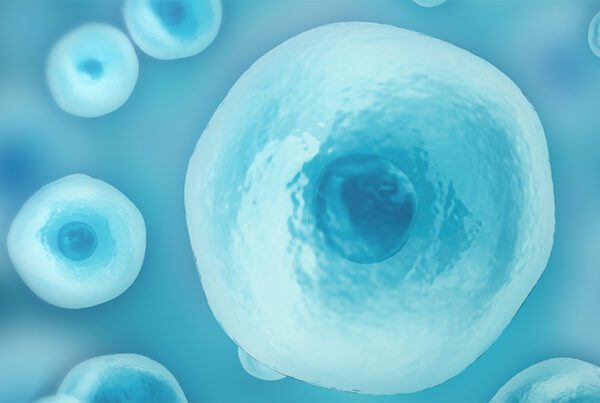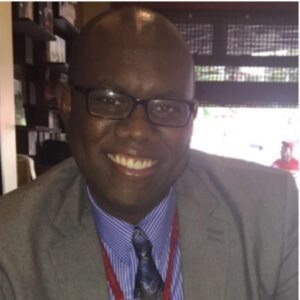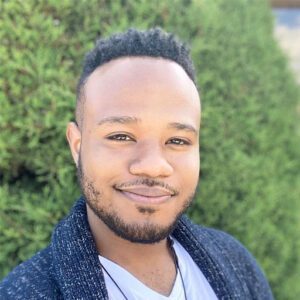Each Human Being Has The Right To Quality Life: Reducing Health
Disparities
Our Cell Culture Lab
The ability to replicate cellular in vivo growth conditions in vitro over prolonged periods of time has been a challenging feat, one that dates to the late nineteenth century when Wilhelm Roux attempted to maintain chicken embryonic cells in a saline buffer for a few days. Subsequently, Ross Harrison successfully maintained frog nerve cells in 1907 for a short while using the hanging drop method. The successful growth of mammalian cells in culture was believed to hold significant promise in understanding various diseases towards their amelioration, a solution being tissue cloning.
Continue reading
After decades of momentous attempts, it wasn’t until 1952 that the first human immortal cell line was developed by a woman called Henrietta Lacks. Some say success was primarily due to the aggressive nature of her tumour. Notwithstanding, scientists by then had refined culture mediums that contained necessary ingredients in appropriate proportions aimed at optimizing cell growth and survival coupled with perfecting additional growing conditions. The development of mammalian cell lines has thus far contributed to the polio vaccine, gene mapping, and uncovering of secrets of cancer and viruses. It however continues to be challenging to develop new cell lines despite the many hurdles that have already been overcome, highlighting the selectiveness of each cell line. Currently, there is a less than 10% success rate in generating prostate cancer cell lines. There is now a paradigm shift from the lock and key-approach towards disease treatment to a personalized one. Achieving the latter involves DNA sequencing from various populous and the human genome project has made significant strides towards this end. However, what is now evident is the disparity in information for men of African ancestry (MAA) compared to men of European ancestry (MEA). Of note, is the higher incidence and mortality rates of prostate cancer for MAA compared to MEA. Disparities of this nature are also evident between women of African ancestry (WAA) and women of European ancestry (WEA) with breast cancer. Although WEA experiences higher incidence, WAA still experiences higher rates of mortality. In particular, Jamaican women on average are diagnosed with breast cancer at a younger age relative to the global population. It is on this basis that the ACRJ lab was founded as it has embarked on the quest to develop novel human cell lines from the Jamaican people, an area that will be expanded to the Caribbean. These tools will become available to the global scientific community for screening, it is believed that these tools will contribute to understanding the whys for these current disparities and pave the way for personalized solutions.



